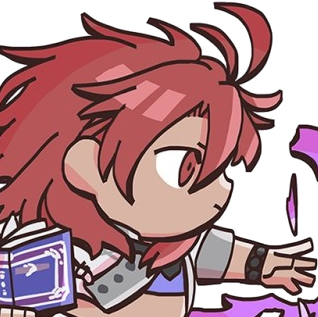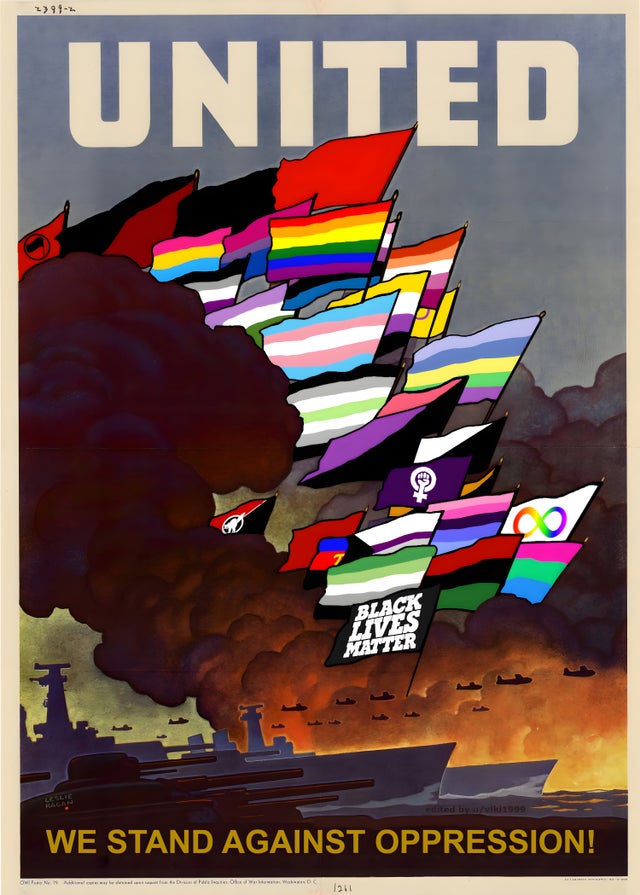Long ago, the world lived in a relative peace. Guided by nature, the people lived off of the land, paying their respects to the gods that assisted them in their daily lives. Then, the Divine arrived. Its light blessed all, allowing for great prosperity in exchange for the Luminae people's devotion. Declaring the unified Holy Kingdom of Auran, the Divine maintained a more physical presence than the gods of nature that came before it. The Divine could be seen, could be talked to, and could be felt. It was by all means their leader, as well as the arbiter of their salvation, as they saw it.
30 years ago, the Auran Federation broke out into war. Now a nation ruled by a parliament and a president, corruption and exploitation had greatly expanded, especially in the magic-rich province of Iberia. As a result, the people of Iberia began the Iberian Revolution, overthrowing their provincial government. A declaration of independence was made official, and the revolutionaries formed the People's Republic of Iberia. Outraged at this aggression, the federation declared war on the new nation in order to reclaim it. The Iberians by all means should have lost. However, they re-discovered a long dormant power that hadn't been used since before the era of the Divine.
Earth magic is a classification applied to spells that use the caster as the source rather than a god or patron. It requires years of study, years that the Iberian revolutionaries had spent reading through ancient texts that were forbidden by the federation. They had waited to rebel until this magic was mastered, and it was exactly what balanced the scales. Earth magic was not only unaffected by the Divine like elemental magic, but could counter the power the Divine provided to its followers.
The war was still one that was devastating, on both sides. The Divine Church therefore had a decision to make. Keep the war going, or try to restore peace and become a mediator. So, they organized talks between both Iberia and Auran, and they came to a decision. Iberia would maintain all of their land, but not reach past their boundaries. Auran would cede the two provinces bordering Iberia to the church in exchange for an end to the war and the promise of a pacified Iberia. The church then took the provinces it had received and formed the Divine Caliphate, a church turned nation. After five years, the fighting had finally ended, and the war was officially over. A few things happened with this resolution, though. Things that would change the course of Luminae forever.
The Divine had strained itself during the war, giving greater powers and boons to the nation it had created all those years ago. As a result, it seemingly dissipated, fading out of physical existence like the gods of nature had done before it. The Earth magic the Iberians had used in the war also vanished, which was not at all expected. How could something they seemingly controlled just dissapear? The answer is still not known today, though the People's Republic has dedicated many resources to uncovering the reason for its disappearance. Other than these occurrences, the world moved on from the conflict. Auran and Iberia even began to trade with each other, seemingly putting behind them the wounds of conflict. Behind the facade was a bitterness, though. The ruling class of Auran didn't like having to pay full price for resources from the magic-rich lands, while Iberia never forgot the other provinces of people they left behind. As for the Caliphate? It maintained the Divine Church in the two nations, while also having the Caliphate act as a buffer between them. People of one nation could not reach the other without passing through the Caliphate, after all, and the church had managed to put themselves into quite a powerful position.
This brings the world to the present day, a day where people continued to live in a tense peace, a peace that would not continue for long...
It would be really cool if I could find out how to make a map, wouldn't it? Sure, I could use existing maps and put my nations over them, but wouldn't it be so much better if it was more original?
The world itself is something newer to me. I haven't really considered a fantasy setting, even though I love fantasy, though the idea of a conflict and world that goes into its politics is something I've wanted to do for a while. Nothing here is concrete or final, and I'm open to suggestions and feedback, but I needed to make sure I have some sort of groundwork, some sort of world that the story I want to tell can take place in. I also want the characters I'm writing to feel like they live in a world, in a context, and so making sure I don't end up with a Fire Emblem 7 kind of situation is pretty important to me. Let me know what you think! Should names be changed? What should the names of cities be within the countries? What should the Earth/Dark magic be called? I look forward to hearing what you all have to say.


So this, to me, sounds like an allegory of when centralised monotheism replaced anarchic polytheism, am I right? Free pagan tribes replaced by Abrahamic states. I have similar themes in my worldbuilding. (Maybe I'm imposing my interpretation.)
what does this mean? duckduckgo did not explain it
'Iberia' to me comes with a lot of baggage: I expect it to have Iberian climate and culture. I have seen worldbuilding claim Terran names successfully, but it's rare.
There is a debate about this in Terran magic. Some magicians like those who practice Goëtia or hang around becomealivinggod.com use spirits all the time rather than their own power. On the other side of the debate you have people like John Michael Greer: "And further: I've decided that questions involving the evocation of spirits are also permanently off topic here. The point of occultism is to develop your own capacities, not to try to bully or wheedle other beings into doing things for you. I've discussed this in a post on my blog."
Middle Pillar magic maybe, to evoke the Middle Pillar exercise. Or siddhi magic to evoke the development of siddhis by self-cultivation. Or cultivation to evoke the cultivation genre in Chinese fiction.
I think I forgot to mention in the original post that this is for a Fire Emblem romhack I'm working on, so that's why I reference FE in the post and in this response.
Yeah I consider the names to be in beta and open to future change. I thought "isn't that place from FE: Path of Radiance called Crimea?" and just stole a name from the real world.
Thanks for your response, I really appreciate it!